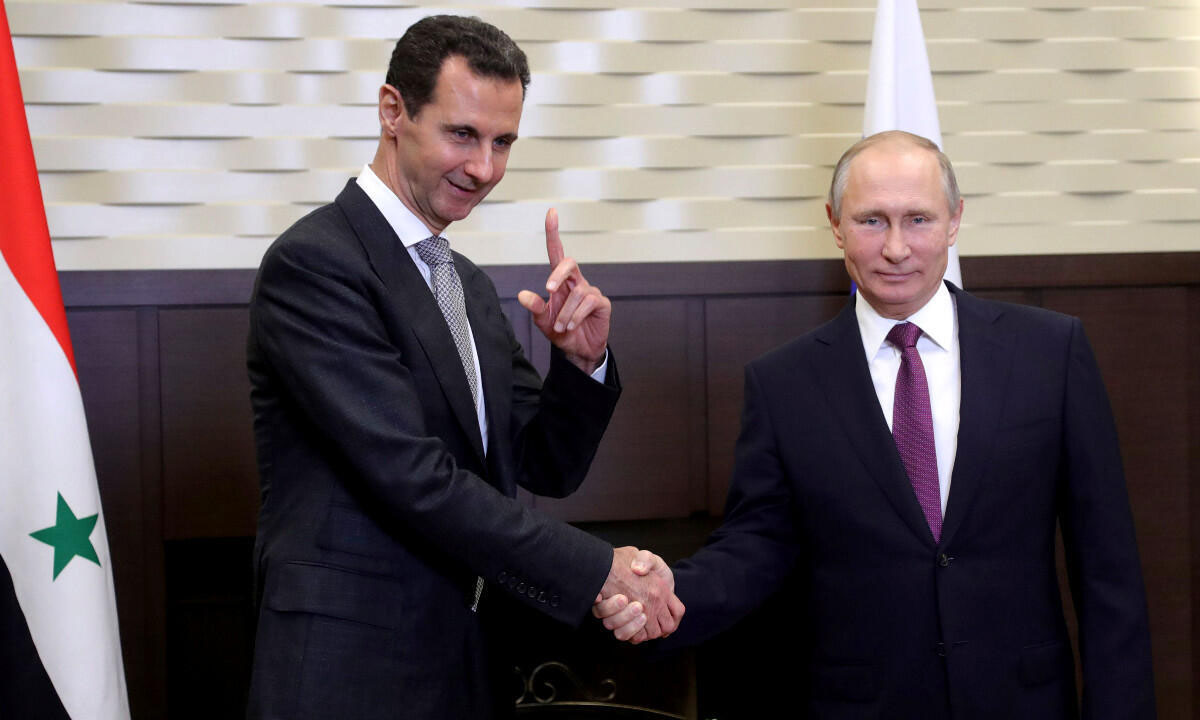Photo Credit: Getty Images
Between 2018 and 2019, Syria's central bank secretly transferred $250 million in cash to Russia. The Financial Times uncovered these covert operations, highlighting how Bashar al-Assad's regime, reeling under Western sanctions, resorted to such measures to secure funds and maintain power. The cash shipments, flown in $100 bills and €500 notes, were deposited into sanctioned Russian banks through Moscow's Vnukovo Airport, underscoring the deep financial ties between Assad's regime and the Kremlin.
This period marked a crucial phase in Syria's dependence on Russia. As Western sanctions crippled Syria's financial systems, Assad leaned on Moscow for military and logistical support. Malik al-Abdeh, a London-based Syrian analyst, described the cash transfers as potential payments for Russian military intervention. "The Syrian state could be paying the Russian state for a military intervention," he remarked, emphasizing the mutual benefits derived from these transactions.
The relationship between Damascus and Moscow was not purely transactional. David Schenker, former US Assistant Secretary of State for Near Eastern Affairs, noted that Assad's regime regularly moved funds abroad to safeguard ill-gotten gains. "Russia has been a haven to the Assad regime's finances for years," echoed Lyad Hamid, a senior researcher at the Syrian Legal Development Programme. This alignment enabled Assad's extended family to acquire luxury properties in Moscow while shielding their wealth from international scrutiny.
Syria's deteriorating economic conditions further exacerbated its reliance on Russia. By 2018, Syria's foreign reserves were nearly depleted. A source familiar with the Syrian central bank stated that payments for essentials like wheat and defense expenses had to be made in cash. Over 21 flights carried bulk shipments of banknotes to Russian financial institutions like RFK Bank, controlled by Rosoboronexport, Russia's state arms export company.
These operations were not without a controversy. The US Treasury sanctioned RFK Bank for facilitating illicit cash transfers and aiding Syria in evading sanctions. Such transactions also implicated key Assad associates, including Yassar Ibrahim, who played pivotal roles in managing funds through entities linked to Iran's Revolutionary Guard Corps and Hezbollah.
"Corruption under Assad was not a side effect; it was a way of governance," asserted Hamid. These revelations shed a light on the lengths to which Assad's regime went to sustain power, even as Syria's economy lay in ruins.


